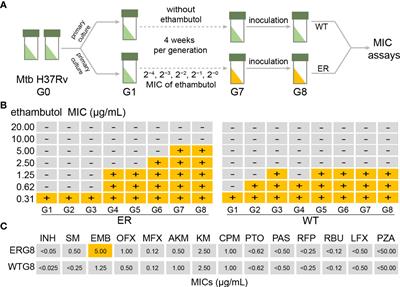EDITORIAL
Published on 19 Dec 2024
Editorial: Factors associated with drug resistance and virulence of Mycobacterium tuberculosis
doi 10.3389/fcimb.2024.1504923
- 743 views
5,218
Total downloads
22k
Total views and downloads
You will be redirected to our submission process.
EDITORIAL
Published on 19 Dec 2024
SYSTEMATIC REVIEW
Published on 07 Jun 2024
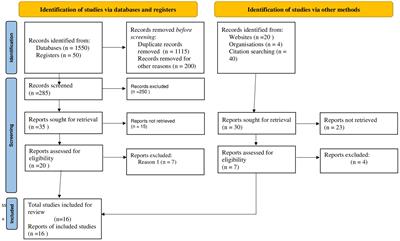
REVIEW
Published on 11 Mar 2024
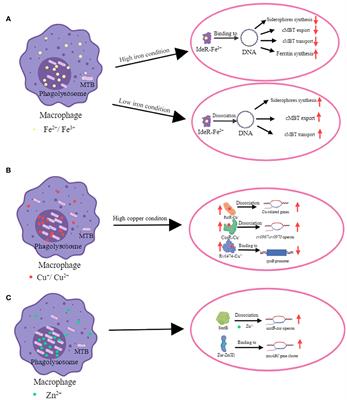
REVIEW
Published on 10 Jan 2024

ORIGINAL RESEARCH
Published on 01 Nov 2023
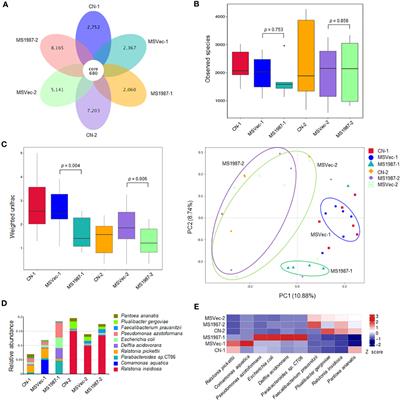
REVIEW
Published on 25 Jul 2023

ORIGINAL RESEARCH
Published on 15 Mar 2023
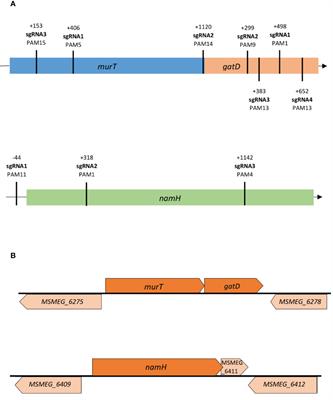
ORIGINAL RESEARCH
Published on 31 Aug 2022
